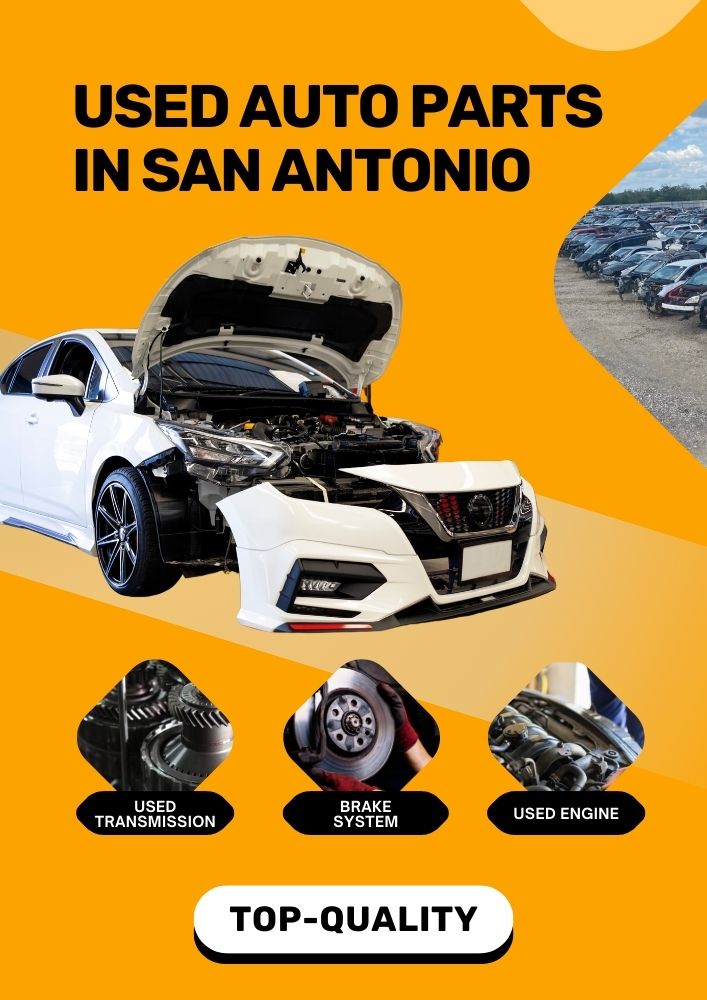Impending Surge in Junk EVs Set to Boost Auto Salvage
The automotive industry is on the brink of a significant transformation as the growing wave of electric vehicles (EVs) begins to impact the auto salvage and recycling sector. With the increasing popularity of EVs, particularly those at the lower end of the market, the inevitable result is a surge in the number of junk EVs. This rising trend could create a surge in demand for recycled auto parts and sustainable disposal practices, offering lucrative opportunities for businesses in the auto salvage industry.
The Burgeoning Market of Electric Vehicles
In recent years, electric vehicles have gained significant traction owing to advancements in technology, environmental concerns, and supportive government policies. The decreasing costs of batteries and incentives for low-emission vehicles have made EVs more accessible to the average consumer. While this shift promotes a greener future, it also poses unique challenges and opportunities for the auto salvage industry.
EVs present distinct challenges when it comes to salvage and recycling due to their complex technology and components. However, with the right approach, salvaging EVs can become a profitable and environmentally beneficial venture.
Understanding the Challenges
The onset of junk EVs into the auto salvage market brings with it some unique challenges. Key among them are:
- Battery Disposal: EV batteries, typically lithium-ion, present significant recycling challenges due to their hazardous materials and complexity in disassembly.
- Electronics and Software: Advanced electronics and software in EVs add another layer of complexity for salvage operations.
- Specialized Components: Many EV parts are specialized and unique to electric vehicles, requiring specific recycling and disposal methods.
Addressing these challenges requires innovation, investment, and a commitment to sustainable practices.
Opportunities for the Auto Salvage Industry
Despite these complexities, the surge in junk EVs also presents substantial opportunities for the auto salvage industry. Here are some key areas where businesses can capitalize on this trend:
Recycling of EV Batteries
The recycling of EV batteries is not only crucial for environmental sustainability but also represents a valuable resource. Companies that develop efficient methods for extracting valuable materials from used batteries stand to gain significantly. Additionally, advancements in battery recycling technology can reduce dependency on raw materials and contribute to a circular economy.
Repurposing Components
Many EV components, such as electric motors, controllers, and power electronics, can be repurposed for other applications. By salvaging and refurbishing these components, businesses can tap into secondary markets, such as electric boats, industrial equipment, and renewable energy systems.
Reselling Usable Parts
Much like traditional vehicles, EVs contain numerous parts that can still be reused or resold. From exterior panels to interior electronics, these parts can be refurbished and sold to repair shops and vehicle owners. For instance, this [service for used auto parts](https://giantimports.com) offers a robust platform for buying and selling quality components, catering to a growing market of DIY enthusiasts and professional mechanics alike.
Adopting Sustainable Practices
Sustainability is at the forefront of the automotive industry’s evolution. Adopting sustainable practices in the auto salvage sector not only aligns with environmental goals but also enhances business reputability. Here are some strategies to consider:
- Innovative Recycling Technologies: Investing in advanced recycling technologies can improve efficiency and profitability when handling complex EV components.
- Partnerships with Manufacturers: Collaborating with EV manufacturers can facilitate better end-of-life vehicle management and recycling processes.
- Employee Training and Safety: Ensuring that employees are well-trained in handling and recycling EV components, particularly batteries, is crucial for safety and efficiency.
Future Outlook
As the penetration of electric vehicles continues to rise, it is inevitable that the number of junk EVs will grow accordingly. This impending surge in EVs reaching the end of their lifecycle presents a golden opportunity for the auto salvage industry to innovate and adapt. By developing efficient, safe, and environmentally friendly methods for dealing with junk EVs, the industry can not only mitigate potential challenges but also reap substantial rewards.
Businesses that proactively embrace the evolving landscape of the automotive industry by integrating sustainable, forward-looking practices will stand at the forefront of this transformation. This is not just about managing junk EVs—it’s about leading the charge towards a greener, more sustainable future.
For more in-depth insights on this topic, you can visit [Financial Times](https://www.ft.com/content/3af4f440-ad92-4b00-b4d9-bc90090e8c4a).
In conclusion, while the rise of electric vehicles heralds a new era in the automotive sector, it also necessitates a rethinking of end-of-life vehicle management. The auto salvage industry has a pivotal role to play in this transition, and by leveraging opportunities for recycling, repurposing, and sustainability, it can drive significant economic and environmental benefits.





